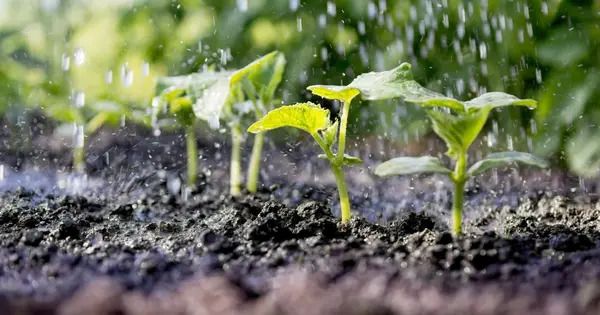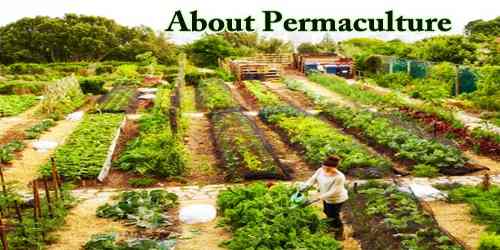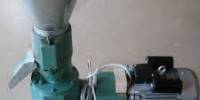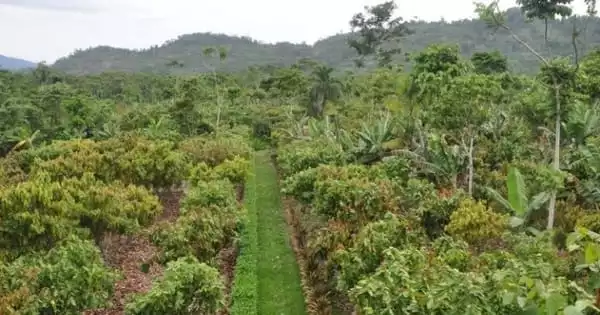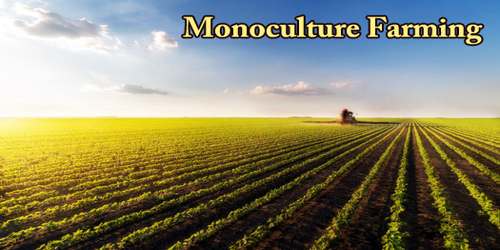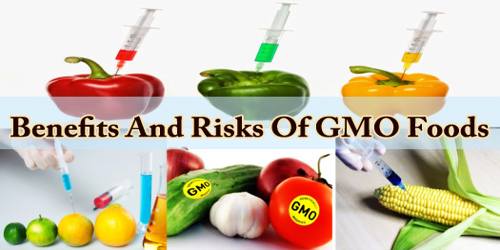Fertigation is the process of injecting nutrients into an irrigation system to alter the soil, water, or other water-soluble product. It is an agricultural technology that involves dissolving nutrients in irrigation water and applying them to crops via drip irrigation systems. This approach provides precise control over fertilizer administration, delivering them directly to the plants’ root zones.
Chemigation, the injection of chemicals into an irrigation system, is similar to fertigation. The two names are occasionally used interchangeably, however chemigation is typically a more controlled and regulated procedure due to the nature of the chemicals utilized. Chemigation frequently employs pesticides, herbicides, and fungicides, some of which pose health risks to humans, animals, and the environment.
Fertigation is regarded for its effectiveness in nutrient uptake by plants, which reduces waste as compared to standard surface applications. It also allows farmers to alter fertilizer levels based on crop needs and growth stages, which improves plant health and productivity. This method is widely employed in both large-scale commercial agricultural and small-scale horticulture businesses.
Uses
Fertigation is widely used in commercial agriculture and horticulture. Fertigation is also being used more for landscaping as dispenser systems become more reliable and user-friendly. Fertigation is used to supplement nutrients or repair nutrient deficits discovered in plant tissue analysis. It is typically used on high-value crops like vegetables, turf, fruit trees, and ornamentals.
Key benefits of fertigation include:
- Efficiency: Nutrients are applied directly where they are needed, minimizing waste and optimizing nutrient uptake by plants.
- Precision: Allows for precise control over the timing and amount of nutrients delivered, which can be adjusted based on crop growth stages and environmental conditions.
- Labor Savings: Reduces the need for manual application of fertilizers, saving labor costs and time.
- Water Conservation: Helps in efficient use of water as nutrients are delivered directly to the root zone, reducing runoff and leaching.
- Improved Crop Performance: Ensures a consistent supply of nutrients, promoting healthier plants and potentially higher yields.
